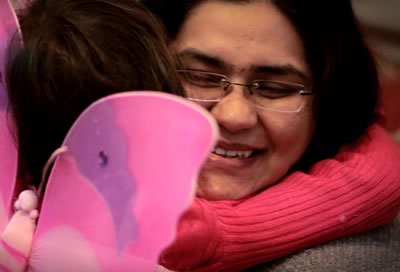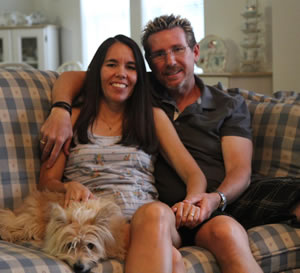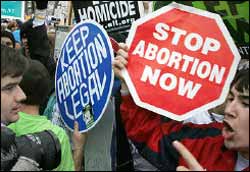Mitu Khurana– A Mother’s Ongoing Battle for Justice
Mitu Khurana is a doctor in Delhi who fought to save her twin daughters from being selectively aborted, despite torture and violence at the hands of her husband and in-laws. Her story is told in It’s a Girl,and has inspired audiences around the world! Since becoming one of the first women in India to take legal action against her in-laws and the doctor and hospital who conducted the illegal sex-determination test, Mitu has become a champion for girls in India.
But her story is not over. Her battle for justice in the courts has been met by threats of rape and murder against her and of kidnapping against her daughters. We asked Mitu to write this post updating us on where her case stands in the courts and how her ongoing struggle for justice is going.
We are safe and away from violence. Otherwise in the courts, it’s a long perhaps never ending battle. The accused are rich and powerful. They have the powers to influence the authorities. I am very  very far away from attaining my goal.
very far away from attaining my goal.
Any change, if it happens, can be through the youth, if they are sensitized by people who themselves are sensitive to such problems. Until then, perhaps only international pressure and intervention by UN to stop the gendercide can save us.
The desire for a son is prevalent all over India. Some have the means to go for sex-selective abortion; others resort to abandoning, neglecting or killing their daughters. Programs like “Satyamev Jayate” (a popular series on social issues) and the movie, “It’s a girl” can help a lot to spread awareness. Neighborhood watch groups, training groups, NGOs which train people to become watch dogs can also help.
There are weak moments, when I feel it’s a losing battle, because the accused are powerful and the system doesn’t want women like me, who walk out and save their daughters. On the other hand it always favours people who are rich and powerful. It was the struggle against my husband which turned into a struggle against the whole system.
This woke me up. Things need to change at every level. It’s no longer a personal fight, because now I am fighting the system, which does not want daughters, which does not respect women, which does not think of providing justice because of patriarchal attitude, and corruption.
Added to it was the company of good friends which taught me the problem is widespread. I was just one of the many women who were suffering. I could come out because my parents supported me, otherwise I would have continued to be a victim. Parents usually do not support daughters to move away from their husbands, despite of having been in grave danger.
The case for sex determination filed by me against the hospital, my husband and in-laws, and the doctor- cognizance has been taken in the lower court. The hospital and the doctor have appealed in higher courts against the cognizance. It is pending there since 2010.
The case filed by government against the hospital where sex determination was done- cognizance has been taken by lower court. The hospital in appeal to the higher court and the case is pending in the high court.
I also have a number of other outstanding cases awaiting justice, including domestic violence, dowry, case against my husband and in-laws for hacking my email, custody case- filed by my husband, case for divorce- filed by my husband. A detailed description of the cases can be found here.
The least I can do is to keep fighting and encourage other women to come out, so that I stop standing out as the odd one out. I want it to become a movement, let mothers say no to female foeticide. How long will the system further victimize us?
You can demand justice for Mitu and other women like her by signing the petition demanding world leaders act to hold the Indian government accountable to enforce laws prohibiting sex selection and providing protection and value to India’s girls. Sign and share the petition here.

 because they are girls (this is female infanticide). Through its partner, IGP has been able to have a significant impact in the lives of girls and women in the villages of South India
because they are girls (this is female infanticide). Through its partner, IGP has been able to have a significant impact in the lives of girls and women in the villages of South India injustice that all women and girls are subjected to in one degree or another.” She goes on, “Women are not perpetrating widespread violence against one another or against men — in homes or in war. And yet, whenever I go to meetings, seminars or schools to discuss this topic, I enter rooms full of women. This is immensely frustrating.”
injustice that all women and girls are subjected to in one degree or another.” She goes on, “Women are not perpetrating widespread violence against one another or against men — in homes or in war. And yet, whenever I go to meetings, seminars or schools to discuss this topic, I enter rooms full of women. This is immensely frustrating.” The Atlantic just
The Atlantic just